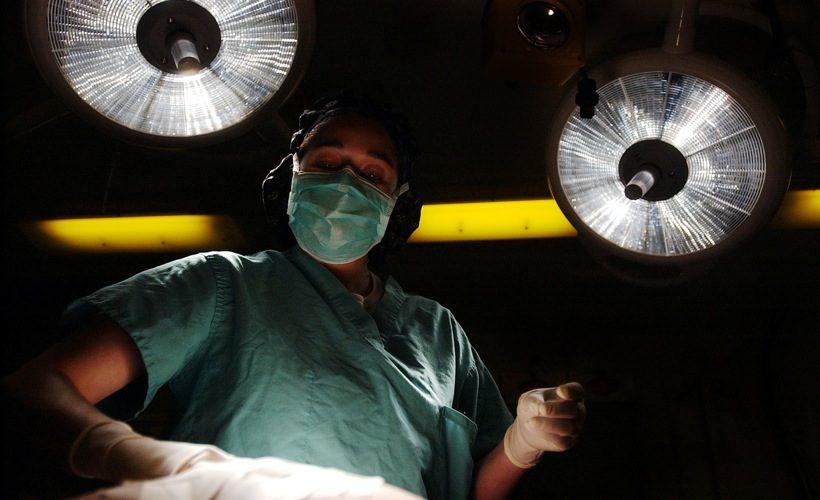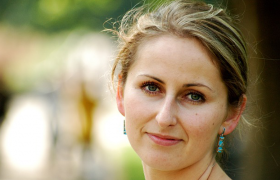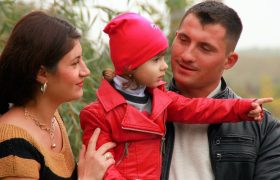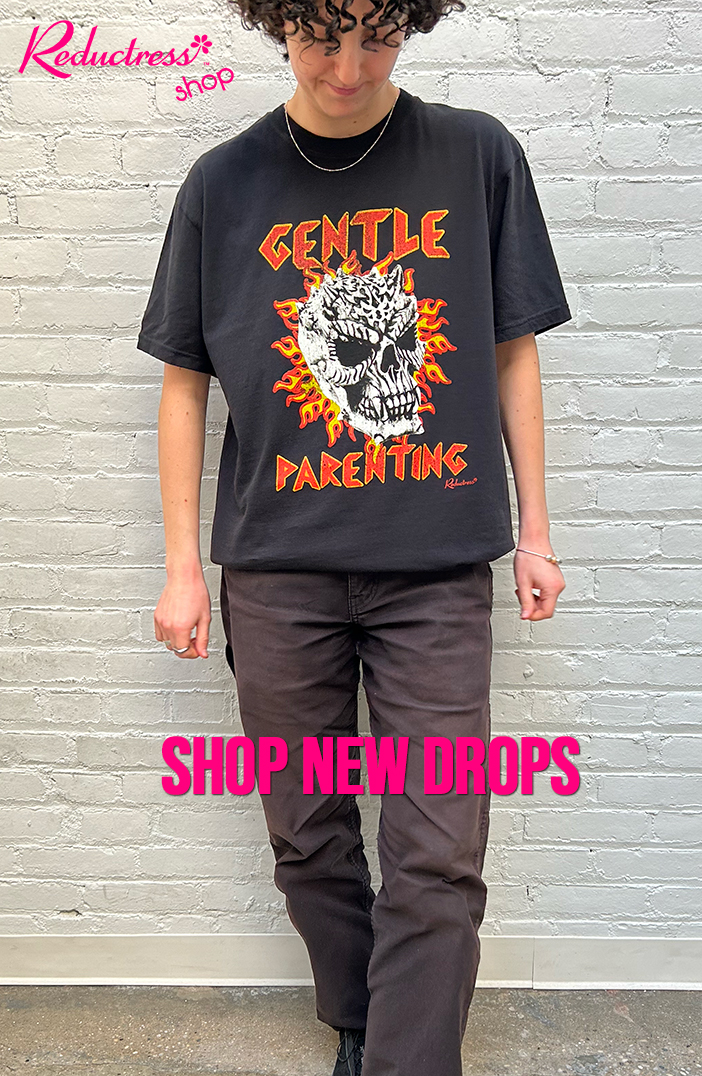After months of preparation and consultation with colleagues worldwide, neurosurgeon Kristina Kiswick, 38, performed a groundbreaking 14-hour operation in which she extracted seven masses of praise, support, encouragement, and affection from her mother’s brain.
Kiswick refused to delegate any part of the surgery, insisting on performing every step herself.
“It’s important to get these dense, encapsulated tissues of maternal pride out of her head and not let them fester,” Kiswick said before the operation. “CAT scans show fragments scattered throughout her brain, endangering her speech and sight. Frankly, she doesn’t think I can get them out.” She added, “I don’t want her to be nice to me just because other surgeons are around. I want her to actually mean it because she is my mother.”
Before the anesthetic set in, 65-year-old Gemma Kiswick said, “Kristina often leaves things half-done before buzzing off to her next project, so we’ll see if she gets everything out. If I don’t wake up, make sure her sister Nina gets my ring. She’s the only one who can get a man to stick around.”
Surgeons from around the world watched via videostream as Kiswick, rattled by recollections of her mother criticizing her Jack-O-Lantern carving skills in kindergarten, made the first slightly uneven slice into the dressed, shaven scalp. She then began her cautious journey into the inmost recesses of the brain, a brain Gemma often lamented “had not passed down to Kristina; she’s so volatile and emotional and reactive, just like her father.”
The first mass was extracted six hours in, followed relatively quickly by the second. “Hail Mary, full of grace,” Kristina sighed, flushing with accomplishment, until she remembered Gemma saying that with her musical skills, Kristina should have been a chef, or at the least an ear, nose, and throat specialist like Nina. “Why limit yourself to the brain? That kind of tunnel vision is so typical of you. Specialists have a much easier time with family life. Have you considered dating again?”
The next few masses were tougher nuts to crack, clustered next to the hippocampus, which is critical to memory formation. Breathing shallowly lest the slightest misstep destroy a vital brain function or cause coma, which Gemma had cheerfully predicted at the final family gathering the night before surgery, Kristina eased the clumps out, hopeful that doing so would make her mother finally remember her degrees from Harvard, Oxford, Juilliard, and Le Cordon Bleu, as well as her inherent worth as a human being.
Kiswick experienced a mild panic attack in the home stretch as she imagined her mother’s comments when she woke up from surgery. The Head of Surgery asked if she would like to be relieved, but she rallied after her scalpel revealed a deeply buried, “You know why I’m so hard on you? Because I’m the only one who cares enough to tell you the truth and keep you grounded. This is love, Kristina.”
Kiswick explains afterward, “This mass is often mistaken for love by other surgeons, but I know better.”
Emboldened, she unearthed the final two pieces of praise with nanoexplosives, feeling for the second time in her life a profound pride in and esteem for her own abilities, as well as a sense of being a valuable person in her own right. Applause poured from the gallery, and even Gemma’s unconscious mouth seemed to smile. “This is purely involuntary movement,” assures Kiswick, “but it’s a good sign.”
After a final check to make sure not one speck of maternal satisfaction was left behind, Kiswick sutured her mother’s skull shut. Subsequent scans showed the brain to be completely clear of foreign bodies, like “love” and “gratitude that she isn’t some drug addict”. She then retired to a small supply closet near the pediatric NICU and sobbed in a ball for two hours.
After Gemma woke up, it was found that the operation had gone nearly perfectly. “She did just fine, I suppose,” she mumbled, shrugging her shoulders while flipping through the Sunday Times. “I don’t understand her whole ‘neurosurgery’ thing, but I hear she’s decent at it, so if it makes her happy, good for her.”




